For immediate release: Mar 5, 2010
WASHINGTON — A Senate oversight panel launched an investigation Thursday into the Pentagon’s use of retired admirals and generals as paid advisers, and the chairman of the Joint Chiefs of Staff said defense officials also are reviewing the practice.
Adm. Michael Mullen said the military services were examining their “senior mentor” programs because of concerns raised by a USA TODAY investigation published Wednesday.
“This is a group of individuals who provide incredibly valuable, seasoned, wise advice,” Mullen said. “But at the same time, we have to be terrific stewards of the taxpayers’ money. We have to be aware of any conflicts of interest or a perception of conflicts of interest.”
His comments came as Sen. Claire McCaskill, D-Mo., said she will investigate the military’s use of retired generals and admirals who also work for defense contractors. In a letter to Defense Secretary Robert Gates, McCaskill called for the Pentagon turn over a large volume of records by Dec. 22.
McCaskill, chairman of the Senate Subcommittee on Contracting Oversight, wrote to Gates that the story “raised disturbing questions about the ways in which defense contractors might be influencing the (Defense) department through the ‘senior mentors.’ ”
The letter asked Gates for five years’ worth of data, including the identities of mentors, what they worked on, their pay and any disclosures about potential conflicts of interest.
MCCAIN: Senator wants review of defense work
CASHING IN: Ex-generals return as consultants
MILITARY MENTORS: 158 generals
In an interview, McCaskill said the retired generals may provide a valuable service, “but until we know everything about what they’re getting paid and what services they are providing, I think the public has the right to raise eyebrows about what could be a very big conflict of interest.”
USA TODAY found that many retired high-ranking officers collect pensions, work for defense firms and draw government consulting fees as senior mentors to the military services. Of the 158 retired generals and admirals identified as mentors, 80% had financial ties to defense contractors, including 29 who were full-time executives of defense companies. These retired officers, hired as contractors, are not subject to the ethics rules that would apply if they were brought in as part-time federal employees. They do not have to disclose, to the military or the public, their ties to defense contractors.
After the military review, each service will determine any changes that are needed, Mullen said.
In a statement Thursday, the Pentagon’s Joint Forces Command said it will assess its program. “We have initiated a review of our senior mentor contracts to ensure they address ethics-related concerns,” spokesperson Kathleen Jabs said. “Our intent is to ensure that public trust in the integrity of the senior mentor program is maintained.”
The Air Force has already examined its mentor programs, and Air Force Secretary Michael Donley issued guidelines Nov. 6 calling for “more consistent contracting and oversight mechanisms … to avoid the perception of impropriety.”
Contracts with mentors must be won through fair competition, Donley wrote. Mentors who are in a position to influence military buying will have to disclose their contractor ties to the Air Force, though not the public, he wrote.

